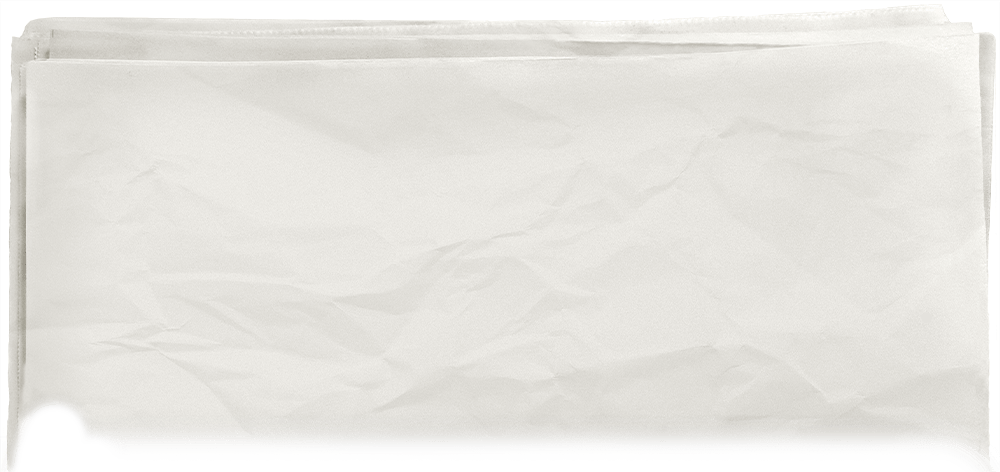Recent FAQS


FAQs
Beta-fresh answers, uploaded occasionally
Lets face it, our favorite comic strip is often obscure or inconsistent, and key characters are sometimes left stranded for years. Long-suffering readers are within their rights to demand some clarification. Use the "Ask GBT" form to email us your questions, and we will answer those we can on the Blowback page, and also archive the answers here.
What do you think of the State Department's statement, essentially condemning the publication of the cartoons in European newspapers?
A concession to reality. It's the State Department. What is the U.S. supposed to say -- that it approves of cartoons that set off demonstrations around the world? Just how much more hated in the Muslim world do we need to be?
Why has the U.S. news media (broadcast and print), almost universally refused to publish the cartoons?
I assume because they believe, correctly, it is unnecessarily inflammatory. It's legal to run them, but is it wise? The Danish editor who started all this actually recruited cartoonists to draw offensive cartoons (some of those he invited declined). And why did he do it? To demonstrate that in a Western liberal society he could. Well, we already knew that. Some victory for freedom of expression. An editor who deliberately sets out to provoke or hurt people because he's worried about "self-censorship" is not an editor I'd care to work for.
Will you be including any images of the Prophet Muhammad in upcoming cartoons?
No. Nor will I be using any imagery that mocks Jesus Christ.
What do you think of the Joint Chiefs issuing a protest to The Washington Post over the cartoon of the U.S. soldier/amputee returning from Iraq?
Well, it was a literal reading on their part. Toles wasn't mocking wounded soldiers -- he was just using a strong metaphor. I thought it was an effective cartoon, but the blowback was understandable, and I'm sure Tom was ready for it.
Is there an echo?
If you mean a personal echo, not really. I have 600 client editors, and I don't for a moment expect them all on any given day to judge my work suitable for their wildly different audiences. We have editors for a reason. Just because a society has almost unlimited freedom of expression doesn't mean we should ever stop thinking about its consequences in the real world. If The New York Times had commissioned a dozen vicious, anti-Semitic cartoons, would we be having a comparable debate? I don't think so.
What do you think of the State Department's statement, essentially condemning the publication of the cartoons in European newspapers?
A concession to reality. It's the State Department. What is the U.S. supposed to say -- that it approves of cartoons that set off demonstrations around the world? Just how much more hated in the Muslim world do we need to be?
Why has the U.S. news media (broadcast and print), almost universally refused to publish the cartoons?
I assume because they believe, correctly, it is unnecessarily inflammatory. It's legal to run them, but is it wise? The Danish editor who started all this actually recruited cartoonists to draw offensive cartoons (some of those he invited declined). And why did he do it? To demonstrate that in a Western liberal society he could. Well, we already knew that. Some victory for freedom of expression. An editor who deliberately sets out to provoke or hurt people because he's worried about "self-censorship" is not an editor I'd care to work for.
Will you be including any images of the Prophet Muhammad in upcoming cartoons?No. Nor will I be using any imagery that mocks Jesus Christ.
What do you think of the Joint Chiefs issuing a protest to The Washington Post over the cartoon of the U.S. soldier/amputee returning from Iraq?
Well, it was a literal reading on their part. Toles wasn't mocking wounded soldiers -- he was just using a strong metaphor. I thought it was an effective cartoon, but the blowback was understandable, and I'm sure Tom was ready for it.
Is there an echo?
If you mean a personal echo, not really. I have 600 client editors, and I don't for a moment expect them all on any given day to judge my work suitable for their wildly different audiences. We have editors for a reason. Just because a society has almost unlimited freedom of expression doesn't mean we should ever stop thinking about its consequences in the real world. If The New York Times had commissioned a dozen vicious, anti-Semitic cartoons, would we be having a comparable debate about freedom of expression? I don't think so.
This breathtaking volume boldly, cheerfully, and blankly stares back across the stunningly copacetic life and times of Zonker Harris. From his Californian-American roots to his legendary status as surfer, nanny, and former sun god, his career trajectory has unfailingly carried him ever deeper into the homegrown heart of the American daydream.
?I am but one dude.?
-Zonker Harris
In all the annals of disengagement, the name Zonker Harris stands nonpareil. For over three decades, Doonesbury's Prince of Inner Space has consistently upped the ante on mellow, proving there is far more slack in a dude than social scientists had previously imagined. Expanding on the legacy passed down from such unplugged progenitors as Maynard G. Krebs and Jughead, the Z-man added his own baked-in-the-'60s style of endearing cluelessness to the essential but underappreciated American tradition of laissez-faire. With uncompromising commitment to a life of flow, Zonker has served as a role model and inspiration for several generations of latter-day dudes, from Jeff Spicoli to his own nephew Zipper.
Dubbed Walden's "Greatest Living Slacker" by his alma mater, Zonker has shown that winging it is a viable survival strategy, and has ever held true to his 'tude. As an undergraduate communard, he savored the natural glories of Walden Puddle (named as a tip of the visor to New England's founding chillhead). Now a professional nanny who took his charge surfing while still in diapers, Zonker Harris, man-child of the Golden West, continues to pass on the gentle wisdom of his kind.
